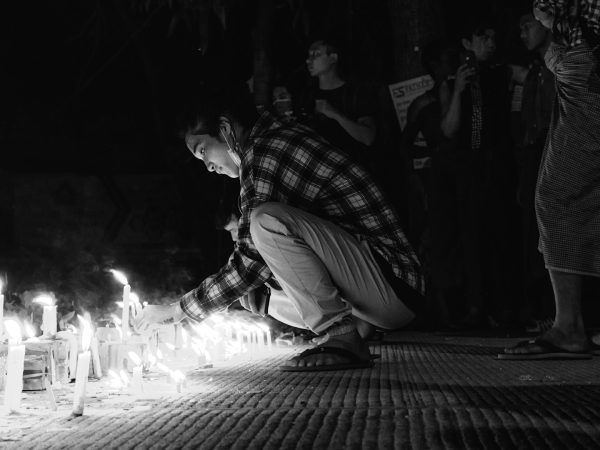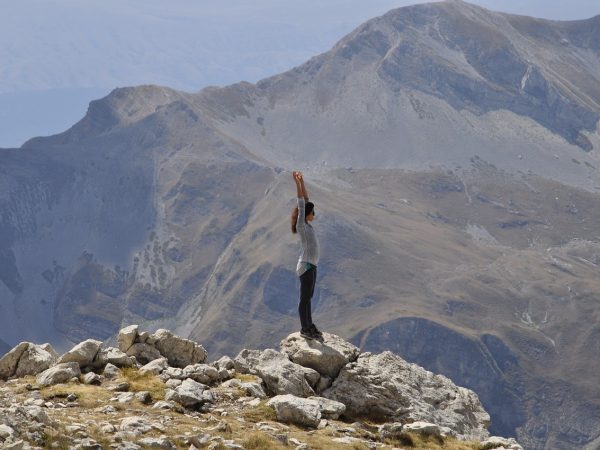
This reading of Thomas’s story, for me, is a powerful reminder that faith is not a straight line from doubt to belief. It is a complex journey through relationship, rupture, and repair. From the perspective of self-psychology, Thomas represents not merely an individual struggling with uncertainty, but anyone who has experienced the pain of exclusion (a break in connection).

If we want to experience the full effect of Easter, we must recognize that it’s not just about Jesus…it sends ripples through the cosmos as it signals the dismantling of worldly kingdoms built on exploitation and invites us to participate instead in a social order that reflects God’s intentions for the flourishing of all.

While deeply engaged with the concerns of everyday life such as healing, feeding, and engaging people in matters of justice and community, Jesus offers an alternative vision: one shaped by self-giving love and radical faithfulness to God’s kingdom, rather than by the structures and strategies of empire.

In a time of intense economic anxiety, both individuals and communities need to reflect on the call in John 12 to claim their responsibility to shun greed, resisting it with a seemingly foolish kind of generosity that parallels Jesus’s becoming poor for the sake of others.

One alternative to a disorienting retributive hierarchy … is repentance, offered to the living, not the dead. This is the honest acceptance of one’s own sin that leads to a turning from the destructive habits of assigning greater or lesser guilt to others. The activity of repentance, in turn, becomes the basis for the possibility of reconciliation between God and offender, between offender and the offended.

Heavenly citizenship for Paul is certainly not about escaping social responsibility within this life. The path that follows Christ is a path that moves one’s focus from earthly things to heavenly.

The Spirit is the decisive factor in any ethical and political existence that would strive for truth, for justice, and for a mode of persuasion that can challenge the world’s assumptions of what is possible without rhetorically pulverizing those who do not yet agree or pretending that we are better or wiser than we really are.




